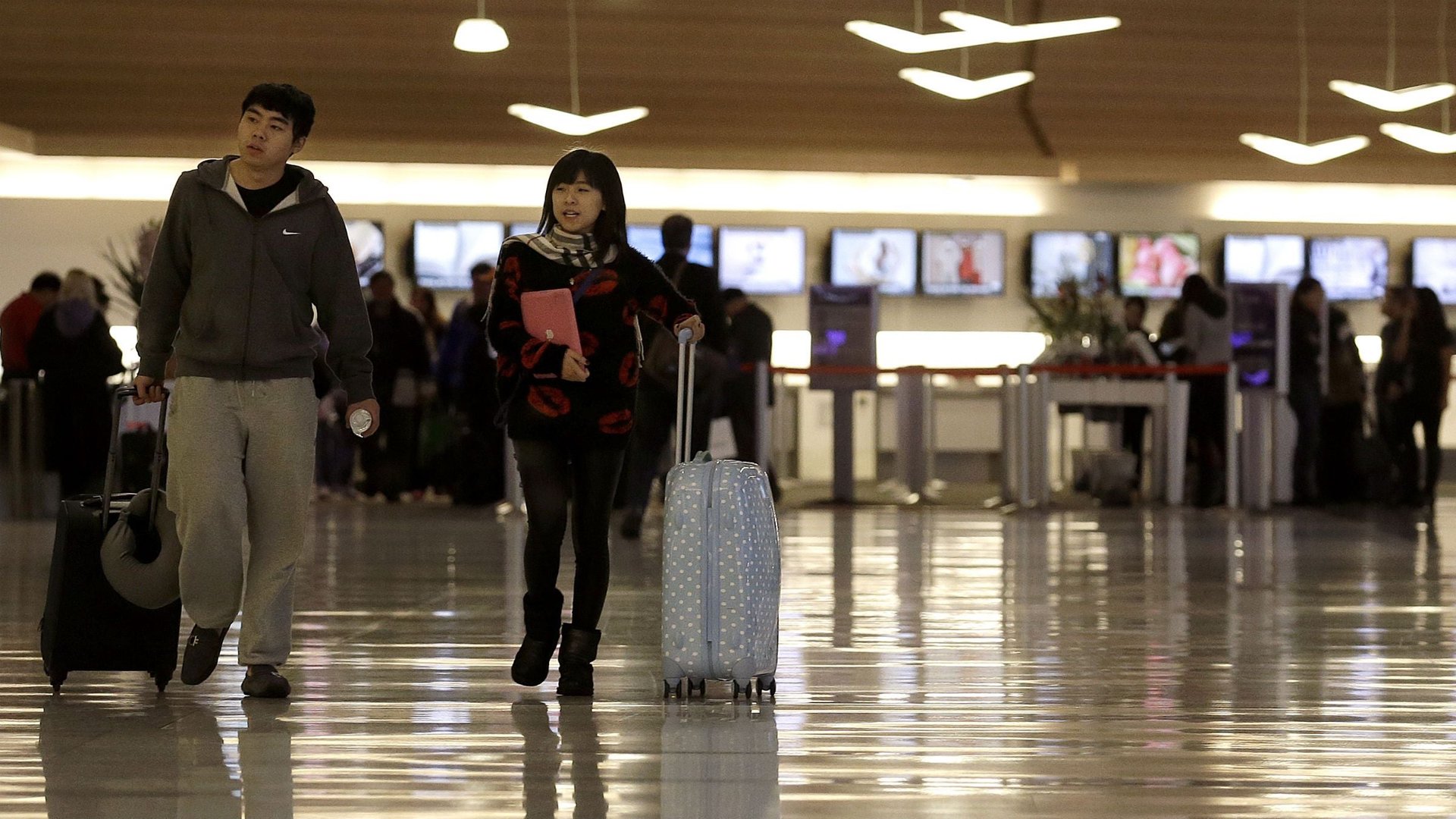This startup knows people are tired of overpaying for airport transportation
Flyers arriving at some US airports are turning their back on taxis and traditional car rentals in favor of a new kind of transportation.


Flyers arriving at some US airports are turning their back on taxis and traditional car rentals in favor of a new kind of transportation.
This small group of travelers prefer to rent fellow travelers’ cars, be picked up by local residents, or pre-order a car with the tap of an app. Airports, however, are still navigating this new, largely unregulated market and weighing the benefits of meeting customer expectations versus the risk of integrating the new business models.
One such startup targeting the airport rental market, RelayRides, today announced a $10 million addition to the $25 million series B fundraising round it announced in July. The additional funding comes primarily from Trinity Ventures, which joins Canaan Partners, August Capital and Google Ventures in the larger round.
RelayRides has raised $54 million to date.
Transit evolution plays itself out at SFO
According to RelayRides CEO Andre Haddad, the funding will be primarily used to build out its airport rental business. It currently has an off-airport lot set up at San Francisco International Airport and is the first peer-to-peer rental company to legally operate there.
A similar peer-to-peer rental car company, FlightCar, has built its customer base comprised primarily of SFO flyers for more than year without paying the airport any commission.
“These two company are on the opposite end of the spectrum from our standpoint,” explains airport spokesman Doug Yakel. “RelayRides has been authorized and signed a permit. FlightCar has not.”
San Francisco International Airport has been in the “discovery phase” of a lawsuit against FlightCar since May 2013 after deciding that FlightCar’s choice not to sign a permit with the airport put other rental car companies at a disproportionate disadvantage.
SFO executives are currently working towards an airport-specific permitting process for other alternative transportation companies including Lyft and UberX. Yakel believe SFO will be the first US airport to start a permit for these kinds of businesses.
Although he would not commit to a timeframe, he said, “It is certainly looking very positive.”
SFO has seen a strong 7.9% increase in on-airport, or traditional, rental car revenues year-over-year; however, it has seen an even larger 36.8% increase in off-airport rental car revenues. Yakel says this is due in part to the start of operations by RelayRides, Firefly, and Silvercar outside of the airport.
Opportunities at airports
Although San Francisco is the first airport that RelayRides is operating near, it plans to concentrate its efforts in that market and with good reason.
Its airport business, which includes renter-owner coordinated swaps and the SFO airport lot, is growing 23% monthly—more than two-times faster than the rest of its marketplace.
FlightCar has seen its business at LAX, its third location, growth the fastest, albeit it is operating without permit. FlightCar operates without permits at LAX and Boston Logan Airports. It’s something that the airports are aware of, but none besides SFO have taken action towards stopping.
In several cases, startups like FlightCar and RelayRides will work through permitted third-party car companies to move customers from the airport to their respective lots.
In New York, one of these startups’ most important markets, airport authorities would not comment on peer-to-peer rental companies like FlightCar and RelayRides. Lyft and Uber are permitted to operate at area airports, provided that they do not solicit rides.